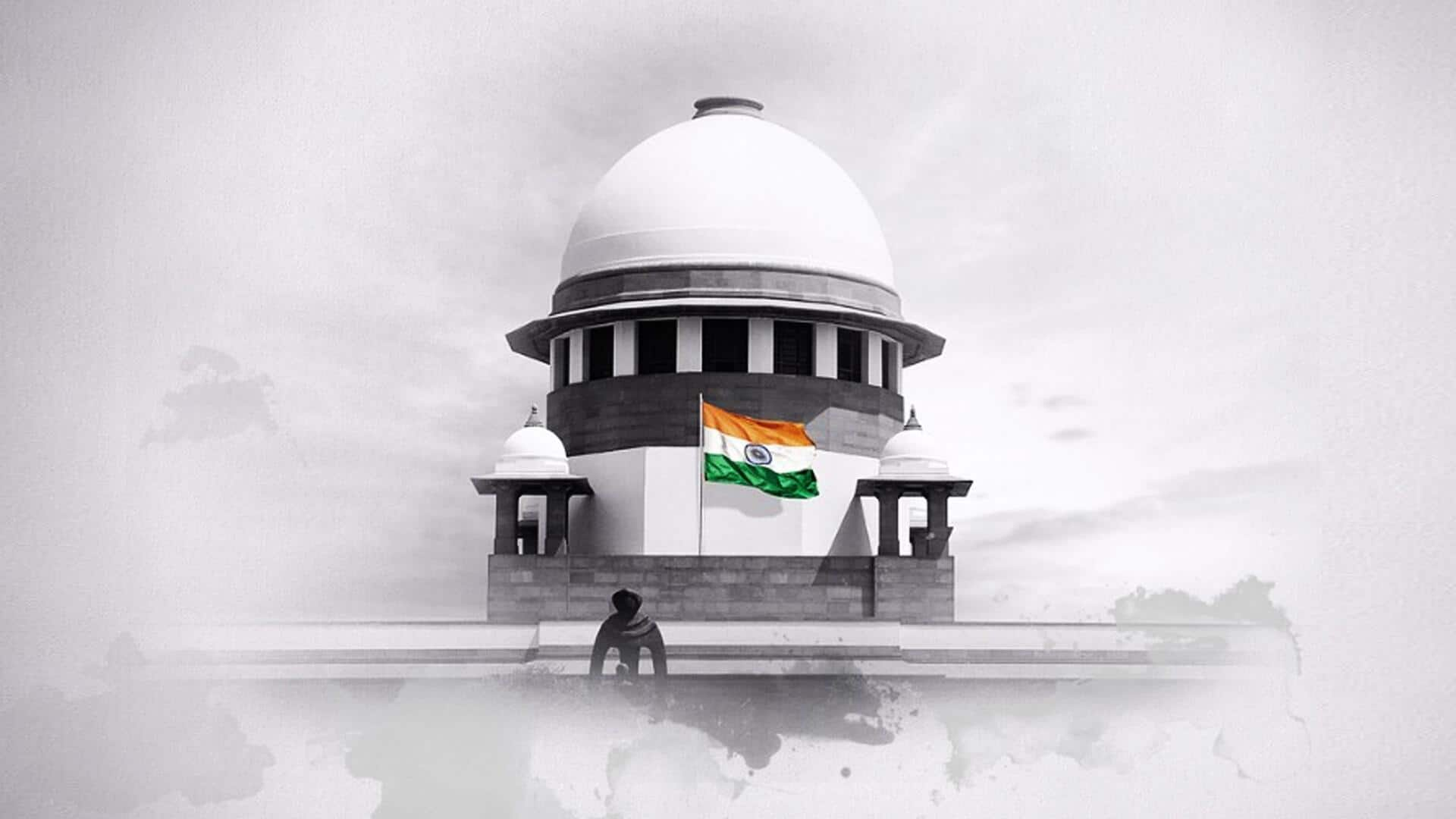
Supreme Court restricts ED's power to arrest under PMLA
What's the story
The Supreme Court has ruled that the Enforcement Directorate (ED) cannot arrest an accused under Section 19 of the Prevention of Money Laundering Act (PMLA) once a special court has taken cognizance of the complaint. Once the court takes cognizance, the ED and its officers are powerless to exercise powers, the court said. Justices Abhay S Oka and Ujjal Bhuyan further clarified that if the ED wants custody of such an accused, it must apply to the court for custody.
Custodial interrogation
Court outlines procedure for ED to obtain custody
"Accused who appeared before the court pursuant to the summons are not required to apply for bail, and thus, the twin conditions of Section 45 of PMLA are not applicable," the bench added. The twin conditions state that when an accused seeks bail, the court must first allow the public prosecutor to be heard. After that, bail can be granted only if it is determined that the accused is not guilty and unlikely to commit a similar offense once released.
Bail provisions
SC eases bail conditions under PMLA
The bench further stated that if the ED wishes to conduct further investigation into the same offense, it may arrest a person who is not named as an accused in the previously filed complaint, provided Section 19 requirements are met. Section 19 specifies that ED officers may arrest an accused if they have "reason to believe" that the person is guilty of a crime punishable under the Act.
Case
SC had reserved its decision on the case
The decision was reached while considering whether an accused in a money laundering case must still face the twin test for bail after appearing before the special court pursuant to the summons issued on the ED's complaint. The court had reserved its decision on April 30. The legal issues presented to the SC stemmed from a Punjab and Haryana High Court decision that rejected pre-arrest bail to multiple accused in a money laundering case linked to an alleged land scam.